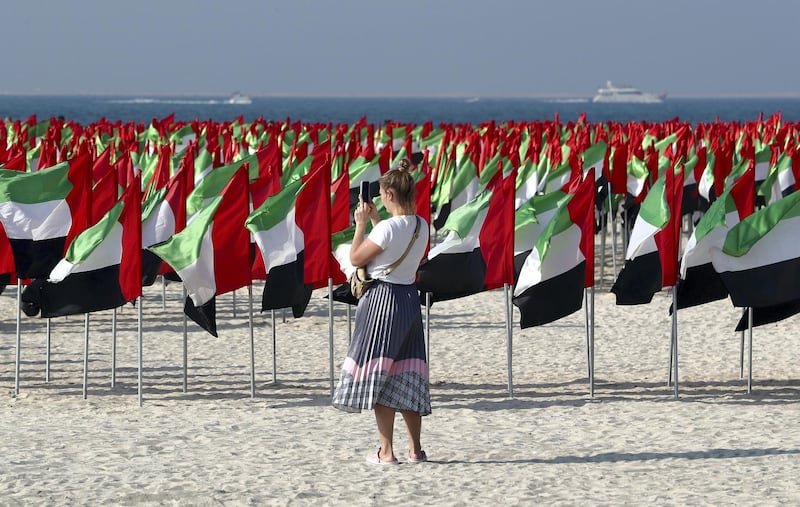The Dh100 billion economic support scheme rolled out by the Central Bank of the UAE will soften the impact of the coronavirus outbreak on the local economy and help limit asset quality deterioration in the country’s banking system, according to Moody’s Investors Service.
The Targeted Economic Support Scheme, announced on Saturday, provides funding to banks and allows them to delay principal and interest payments for up to six months on loans to all private sector and retail borrowers affected by the coronavirus.
The measures include Dh50bn from Central Bank funds through collateralised loans at zero interest rate to all lenders operating in the UAE. The regulator has also allowed reduction in capital buffers, which will free up an additional Dh50bn in banks' lending capacity. The overall central bank package equates to 6.4 per cent of UAE banks’ domestic credit as of January.
The support scheme "will mitigate the extent of the deterioration by keeping some borrowers' liquidity issues from becoming solvency issues,” Moody’s analysts Mik Kabeya and Francesca Paolino wrote in a note released on Tuesday.
“The funding scheme will also support banks’ liquidity by providing cheap funding to meet cash calls from affected borrowers.”
Despite lowering the buffers, UAE bank regulatory capital requirements are still high. The additional Dh50bn lending capacity gives lenders greater flexibility to support borrowers facing temporary liquidity issues, Moody’s said.
UAE banks, the rating agency said, benefit from sizable buffers, including strong 14.9 per cent tangible common equity to risk-weighted assets ratio, as of December 2019; a healthy problem loan coverage ratio of 92 per cent and a strong liquidity position of 33.5 per cent.
Governments and central banks around the world have stepped up efforts to minimise the impact of the deadly coronavirus on their economies. The outbreak, which began in China, has now engulfed Europe and North America. The US and the UK have restricted public movements to stem the spread. The number of infected people globally is pushing close to 200,000, as the death toll nears 8,000. More than 80,000 patients have recovered though.
The coronavirus, the biggest challenge to the global economy since the 2008 financial crisis, has disrupted trade, the travel industry and shook stock markets worldwide wiping out at least $17 trillion (Dh62.4tn).
On Monday, financial markets across the world endured their worst day since Black Monday in 1987. The S&P 500 in the US tumbled 12 per cent as it suffered its third-largest daily percentage decline on record. The index lost $8.28tn in 18 days through to Monday.
The Dow Jones Industrial Index and the Nasdaq Composite Index also fell more than 12 per cent that day. The equities recovered some ground on Tuesday as the US, the UK and other major economies continue to roll out fiscal stimulus packages.
Moody's expects the coronavirus to impact sectors such as tourism, transportation and trade as countries restrict non-essential travel to curtail the spread of the outbreak.
The UAE Central Bank also revised the limit for banks' maximum exposure to the real estate sector, reduced the capital that banks must hold against loans to SMEs, and increased by 5 percentage points the loan-to-value ratio requirement for first-time homebuyers' mortgage loans.
Moody’s expects these steps to have a “positive effect on consumer and business confidence”.








